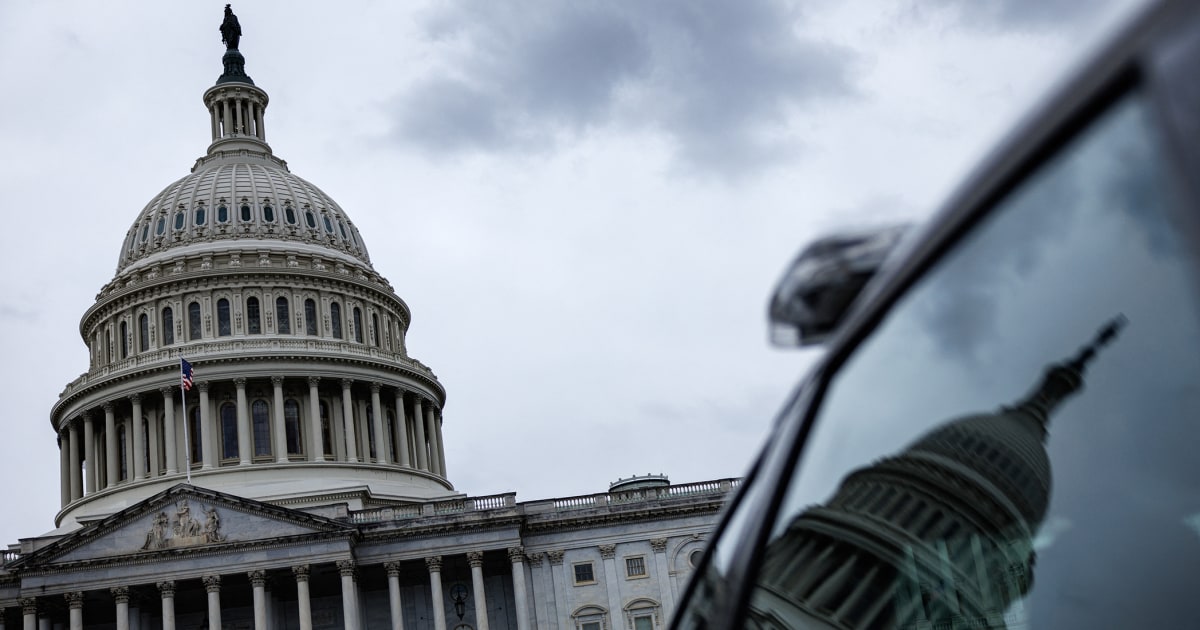
Resort by the Federal Government to import food under its interventionist policy to crash skyrocketing prices of food items and mitigate hardship in the country is pragmatic and should be supported by every stakeholder. It is important that the objectives are concretely achieved for the benefit of Nigerians. However, the policy must not be allowed to drive the country and the citizens to complacency and create a false sense of food security.
It remains a great challenge that a country that is blessed with vast arable land across its length and breadth and which in the past had been a major source of numerous agricultural produce has now become unable to produce enough to feed its population. Importation should not be allowed to undermine efforts at boosting local production of food not only to feed the citizens but also for export to earn foreign exchange. The importation scheme should be temporary, to bridge the demand-supply gap in the market for a period during which local production is expected to improve.

Nigeria and Nigerians should not make the mistake of over-depending on food from other countries the way they have done with fuel, a situation that threw the country into the current cost of living crisis. It is a matter of regret that Nigeria, once popular for its massive food production, is now facing a food crisis. Citizens groan under unbearably high prices of food items.
According to the National Bureau of Statistics (NBS), food inflation in the country reached 40.66 per cent in May 2024 against the 24.82 per cent inflation 12 months ago.
This is worrisome and telling badly on hapless citizens. From all indications, Nigeria has not been producing enough food to feed the growing population. And this is directly attributable largely to insecurity, but partly also to the rising cost of inputs, including fertiliser and feeds, as well as declining interest in farming.
A global food crisis report released in 2022 alerted Nigeria to the fact that terrorism and kidnapping, particularly in the northern parts of the country had continued to hinder food production. The report specifically pointed to the frequent communal attacks and conflict between farmers and pastoralists in Benue and Plateau states, which led to displacement of farmers, civilian fatalities, market disruptions and loss of livelihoods. There are also farmers-herders conflicts in other parts of the country, including South West and South East and South South zones that hinder food production.
The rising cost of fertiliser and feeds is also discouraging farming. According to a report, the price of feed has risen from N18,000 in 2023 to N36,000 in 2024 for a 15kg bag, representing a 100 per cent increase. A 50kg of fish feed, which was sold below N35,000 in 2023 cost as high as N74,000 on online shops as of July this year.
It is the same story for fertiliser. In a situation where a country cannot, at a particular time, produce enough food to feed the population, it is sensible to allow food to be imported in the interim, to crash the rising prices in the local markets. If well implemented, the importation scheme can ease the cost-of-living crisis.
But under no circumstance should the country be made to depend on foreign countries for food. The challenge, during the period allowed for importation, is for the government at all levels to step up efforts at improving local production of food. Private sector operators and capable individuals should be encouraged and empowered to do the same.
In other climes, this type of intervention is made after serious investment has been made in food production. It is like an emergency. By the time the borders are closed again, the country should have recorded an improvement in local food production, or there should have been indications of capability to tame the food crisis.
This is the reason the government should effectively tackle all barriers to farming, including insecurity, kidnapping and high cost of inputs so that by the time the current importation is stopped, the country should be seen to have made significant progress in boosting the production of food. This attitude is capable of frustrating the policy. The government should come out clear on the details of the programme and ensure that official bottlenecks do not impede it.
Some experts have picked holes in the template for the policy, calling for a review. The conditions for participation in the importation should not be too stringent as to make other stakeholders to shun it. The Yuletide season is here, Nigerians should start getting the expected relief now.
Generally, the government needs to unveil a programme that will encourage more Nigerians, especially the youth, to go into farming. Private sector operators, capable individuals and groups can be encouraged and assisted to go into mechanised farming to bail the country out of the food crisis. There is a need for the government to visibly ensure transparency, accountability and fairness in the way it either sells or distributes the food it imports to Nigerians.
The imported items should not be hidden in warehouses to be used to canvass for votes in future elections. The products should not be for only members of the ruling political parties. There should be adequate security for what is imported so that they are not taken outside the country to be sold by desperate and fraudulent political merchants.
.














